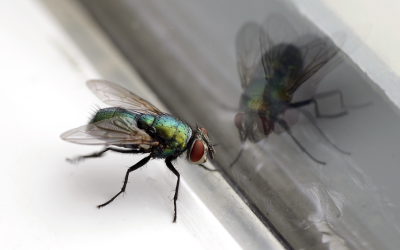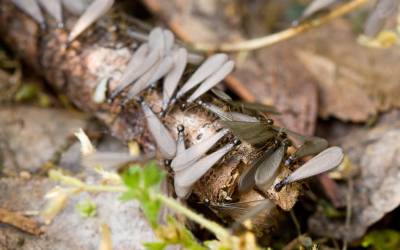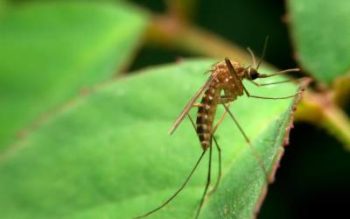 Our climate along the Mississippi Gulf Coast creates opportunities for mosquitoes to thrive for most of the year. Sometimes, it can feel like there’s no way to avoid these insects, but you shouldn’t give up hope! Mosquitoes are actually simple creatures that operate based on a small set of signals they seek out. If you can learn how to control what they do and don’t sense, you’re well on your way to a mosquito-free summer! Read on to learn more about mosquito prevention with our mosquito exterminators at Southern Pest Control.
Our climate along the Mississippi Gulf Coast creates opportunities for mosquitoes to thrive for most of the year. Sometimes, it can feel like there’s no way to avoid these insects, but you shouldn’t give up hope! Mosquitoes are actually simple creatures that operate based on a small set of signals they seek out. If you can learn how to control what they do and don’t sense, you’re well on your way to a mosquito-free summer! Read on to learn more about mosquito prevention with our mosquito exterminators at Southern Pest Control.
4 Signals Mosquitoes Use to Look for Hosts
Some people refer to themselves as “mosquito magnets.” You might even know one or be one yourself! Although it certainly seems true that mosquitoes prefer some people over others, scientists have not yet firmly established the metrics with which to calculate one’s vulnerability to mosquito bites. However, we do know that there are 4 main signs that mosquitoes use to seek out potential hosts:
- Breath: Mosquitoes are attracted to the carbon dioxide that we release when we exhale because it tells them that there are people nearby.
- Body odor: Our natural odor is another signal to mosquitoes, and this signal is amplified when we perspire. Wearing floral perfumes can also tip off mosquitoes to your presence.
- Body temperature: Mosquitoes can sense higher body temperatures and gravitate towards them. When we wear darker colors that trap heat, we make ourselves more visible to mosquitoes.
- Color: No matter the pigmentation, the longer wavelengths that human skin gives off attract mosquitoes.
Preventing Mosquito Bites in Knoxville TN
Although we can’t keep ourselves from giving off these signals to mosquitoes entirely, we can make efforts to block these signals and make our properties less hospitable to mosquitoes. Here are a few ways to implement mosquito prevention into your routines:
- Get rid of standing water: Mosquitoes lay their eggs in standing water, so collected rainwater buildup in tarps, buckets, planters, gutters, and more can provide adequate breeding grounds. Pour it out or cover it when you find it in your yard.
- Wear clothes that cover your skin: Light-colored clothing, too. Limiting exposed skin and dark colors that trap heat will take away two main signals that mosquitoes use to find you.
- Use bug spray: EPA-registered mosquito spray products using either DEET or picaridin will safely keep mosquitoes from biting you for hours. If you wish to use a natural alternative, try lemon eucalyptus oil or citronella oil.
Why Professional Mosquito Control Helps
We have found that in many cases, our customers’ mosquito problems have built up out of sight, or at least in hidden or densely vegetated areas that non-experts wouldn’t think to look. Our experienced mosquito removal specialists at Southern Pest Control can provide a full-property inspection to put your mosquito infestation to a stop. By developing a unique barrier spray system for your yard, we can ensure that you’re receiving the best possible protection against mosquitoes. Contact us today for a free quote!

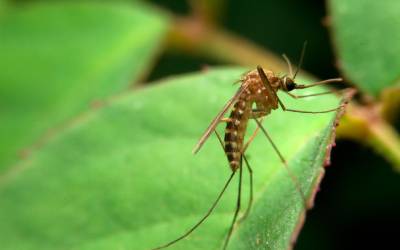

 Along the Mississippi Gulf Coast, our warm and rainy springs provide the ideal conditions for a long list of pests. While we can appreciate the sunshine starting back up in spring, locals know that it means pest problems for people throughout the area. Are you looking to keep bugs, rodents, and wildlife out of your backyard this year? Read on to learn some actions to take on your own with the experts at Southern Pest Control!
Along the Mississippi Gulf Coast, our warm and rainy springs provide the ideal conditions for a long list of pests. While we can appreciate the sunshine starting back up in spring, locals know that it means pest problems for people throughout the area. Are you looking to keep bugs, rodents, and wildlife out of your backyard this year? Read on to learn some actions to take on your own with the experts at Southern Pest Control!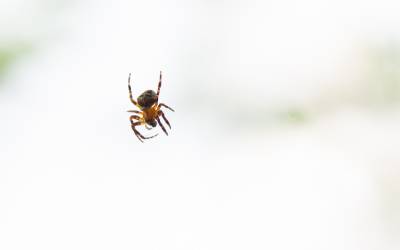
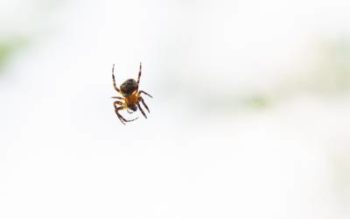 Here at Southern Pest Control, we believe that the more you learn about spiders, the less you’ll fear them. Most
Here at Southern Pest Control, we believe that the more you learn about spiders, the less you’ll fear them. Most 